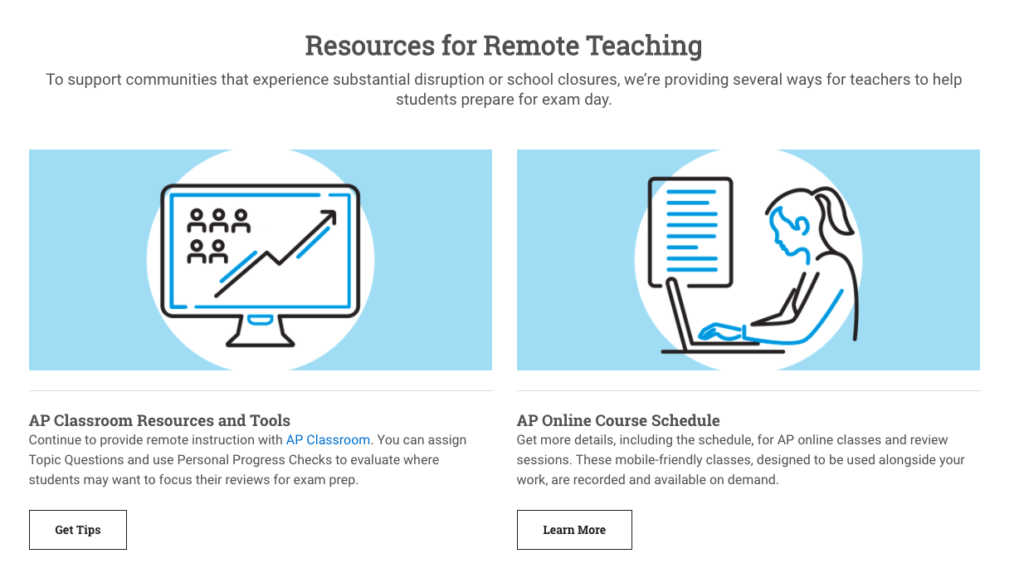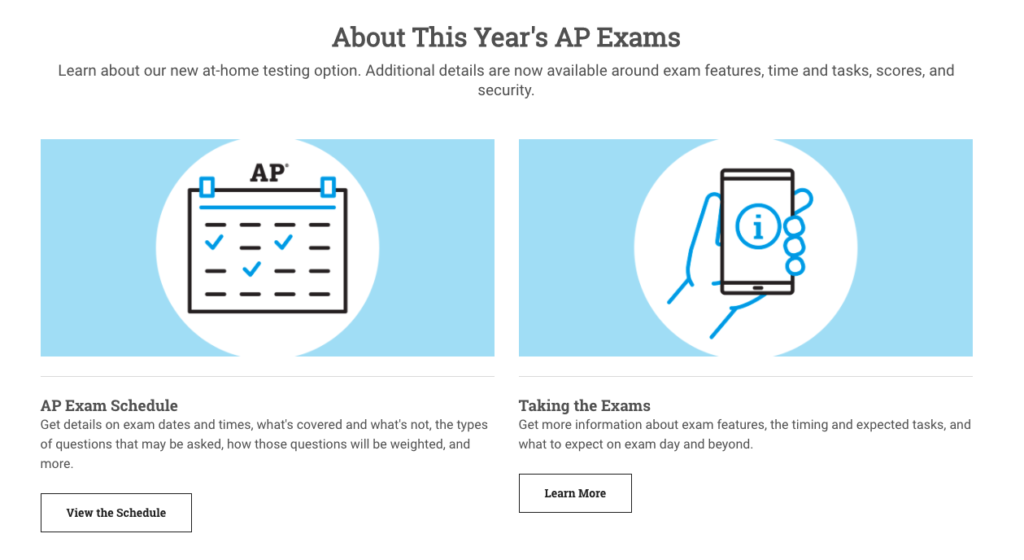Maggie Lo ’23 | Gianna Trala ’23

Photo courtesy of Trisha Tsundupalli
EA, the College Board, and schools across the globe have made drastic changes to assessments to alleviate the impact of the COVID-19 crisis on students. EA’s leaders have decided that each student’s grades up to March 12th will be calculated into a “baseline” grade. This “baseline” grade will weigh the first semester grade as two-thirds (66.7%) and the second semester grade through March 12th as one-third (33.3%). For all of the work that is assigned and completed after March 12th, students will be graded based on the new engagement rubric. The levels include exceptional, good, satisfactory, and unsatisfactory. Respectively, they will result in an overall grade change of +2%, +1%, 0%, and -2%. The baseline grade, in addition to the change from the engagement rubric, will be the student’s final grade. It will be included on the student’s transcript and calculated into their GPA.
Both Mayterm and final examinations have been canceled this year. The latter is well-liked in the student body. Zach Latour ‘23 says, “The high of my week was finding out that exams were canceled.” EA will continue normal instruction through May 28th this year. Grace Limaye, Upper School and Middle School Science Department Chair, recognizes the new struggles that EA families might be going through and shares, “We must be flexible, understanding, and compassionate. That said, we can still work to provide the best remote learning experience we can for our students under such circumstances.”
Additionally, the College Board has made many significant alterations to the 2020 AP exams due to COVID-19. The exams will be open note, meaning students can refer to any class notes or resources during the exam. However, students may not plagiarize or take anyone else’s work. They cannot work together or be in contact with anyone else while taking the exam.
The exams will be shortened to forty-five minutes, and they will be completely free response; there will not be any multiple-choice sections. Many of the exams will not include questions from all of the material covered in the regular AP course, cutting questions about material from the end of the year. Additionally, the exams will be administered at home or at a student’s school if that school allows it. Students can type their responses on a device and then submit them to the College Board, or they can handwrite their responses, take a picture, and submit that picture to the college board. The exams will still be scored on a range from one to five and will be administered from May 11 to May 22.

Photo courtesy of Trisha Tsundupalli

Photo courtesy of Trisha Tsundupalli
Cristina Deirmengian, Upper School AP Spanish teacher, laments, “My students have worked very hard all year long […] I certainly hope that this version of the exam is fair to all the students who have worked so hard.” Also, Yvvy Chen ‘21, who is taking AP Computer Science Principles and two AP english courses, says, “I’m a little nervous for an entirely free response exam, especially since they’re now shortened free responses. The CSA exam is only going to be two questions, so I feel like it’ll be less forgiving if you make a small mistake […] It’s unfortunate, but I’m all for trying to prevent COVID-19 even if it means I do worse on a couple of exams.”
It remains unclear as to whether these exams will count for college credit, but AP students at Episcopal will not be required to take these exams, as had been the case in previous years.
In addition, many of the scheduled spring SAT and ACT exams had to be canceled. As a result, many colleges have recently gone test-optional for admissions for the class of 2021 to account for those who could not take the spring SAT or ACT. A few of these institutions include the Massachusetts Institute of Technology, Tufts University, Case Western Reserve University, Davidson College, and the University of California.